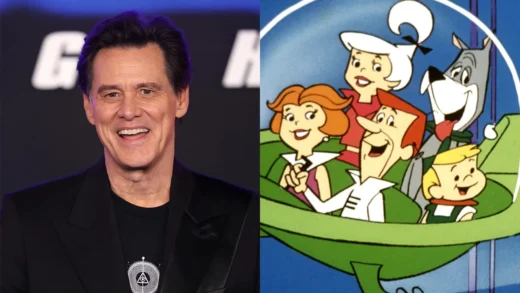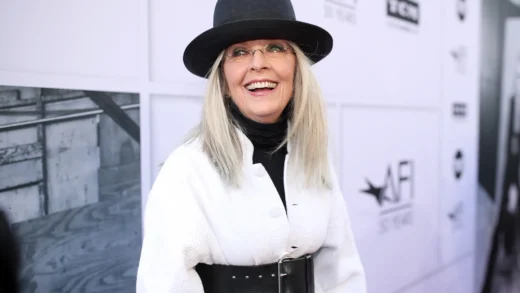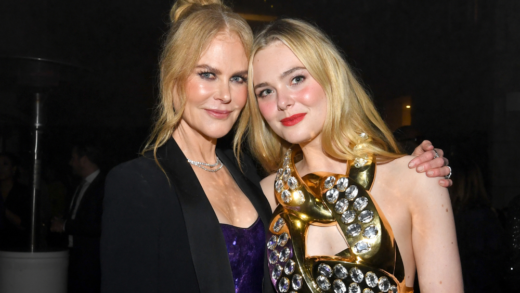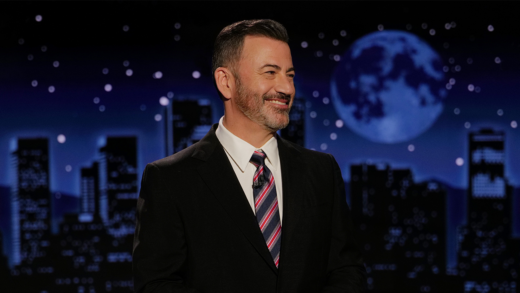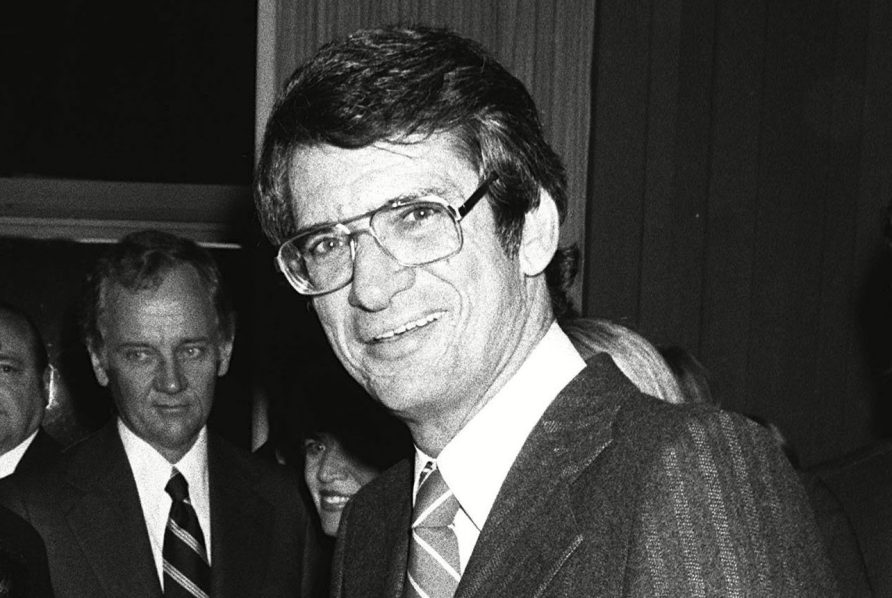Sidney Sheinberg, who served for more than 20 years as president and COO of MCA, Inc and Universal Studios and helped build the former agency into a potent entertainment corporation, died Thursday at his home in Beverly Hills. He was 84.
Sheinberg’s son, Jonathan, confirmed the news in an email.
“He was an amazing man,” he wrote. Jonathan also remembered his father’s impact on the industry and the people whose lives Sheinberg touched through philanthropy.
“My heart is broken at this news,” said Steven Spielberg in a statement. “For now let me just say that Sid had a big personality and a tender heart. He was the tallest most stand up guy I ever knew. He gave birth to my career and made Universal my home. He gave me ‘Jaws,’ I gave him ‘ET’ and he gave me ‘Schindler’s List.’ We were a team for 25 years and he was my dear friend for 50. I have no concept about how to accept that Sid is gone. For the rest of my life I will owe him more than I can express.”
“We are all saddened by the passing of Sid Sheinberg and our thoughts are with his family and friends,” Ron Meyer, Vice Chairman of NBCUniversal, said in a statement. “He will be forever a part of Universal Studios’ legacy and his contributions to the industry will never be forgotten.”
Sporting a well-earned bad-cop reputation that allowed his equally contentious boss, Lew Wasserman, to assume the role of gentleman executive, the plainspoken Sheinberg helped lead MCA Inc. and Universal through a phase of prosperity, expanding the company’s entertainment, theme park and publishing divisions and ultimately helping to mastermind its sale to Japanese conglom Matsushita for more than $6 billion in 1989.
“Sid was a giant, in stature, business and heart,” said Casey Wasserman, Lew Wasserman’s grandson. “He was a true partner to my grandfather and the industry, and will be sorely missed by all. Our thoughts and prayers are with Lorraine, Jon and Bill.”
In 1995, MCA was sold again to Seagram, which led to the departure of both Wasserman and Sheinberg. Sheinberg then segued into a brief deal at the company for his production banner the Bubble Factory, with only modest results, and after his departure in 1997, he was openly critical of the Seagram regime. Even after the separation with MCA, he continued to produce films on occasion.
Among his most notable achievements when he headed MCA’s television division was nurturing the young Steven Spielberg, giving him his first directing job and then later shepherding him into the feature-film arena with “The Sugarland Express” and the megahit “Jaws.”
In “City of Dreams: The Making and Remaking of Universal Pictures,” Bernard F. Dick opined that “Sheinberg saw in Spielberg what he himself could never reveal publicly (and certainly not on the fifteenth floor of the Black Tower): a compassion for the stigmatized and misunderstood.”
Sheinberg also lured film star Rock Hudson into his first television series, “McMillan and Wife.”
The Wasserman-Sheinberg duo led MCA away from its roots as a talent agency and transformed it into an international entertainment empire that included the development of a prime 420-acre spread in the San Fernando Valley (named Universal City) and more than 400 acres in Orlando, Fla., building the highly successful studio-tour theme parks.
Sheinberg also helped supervise the television and film division, turning erstwhile B-movie programmer Universal into a movie powerhouse and profitable producer of TV drama series like “The Rockford Files,” “Kojak” and “Columbo.”
Universal won an Oscar for “The Sting” in 1973, for “Out of Africa” in 1985 and for “Schindler’s List” in 1993, though none of those films matched the box office power of the studio’s biggest hit, “E.T.: The Extra-Terrestrial,” one of the top-grossing movies of all time. Other major hits included the “Back to the Future” series, “American Graffiti” and “Jurassic Park.”
Rising through the ranks of Universal Television (as it became known after 1962, when the company was forced to divest itself of its agency operations), Sheinberg became the division’s president in 1971. During the ’60s, with his colleagues Frank Price and Jennings Lang, Sheinberg led Universal in pioneering made-for-TV movies and a series concept of alternating shows, “The NBC Sunday Night Mystery Movie,” featuring “Columbo,” “McMillan and Wife” and “McCloud” at first.
(Excerpt) Read more in: Variety
